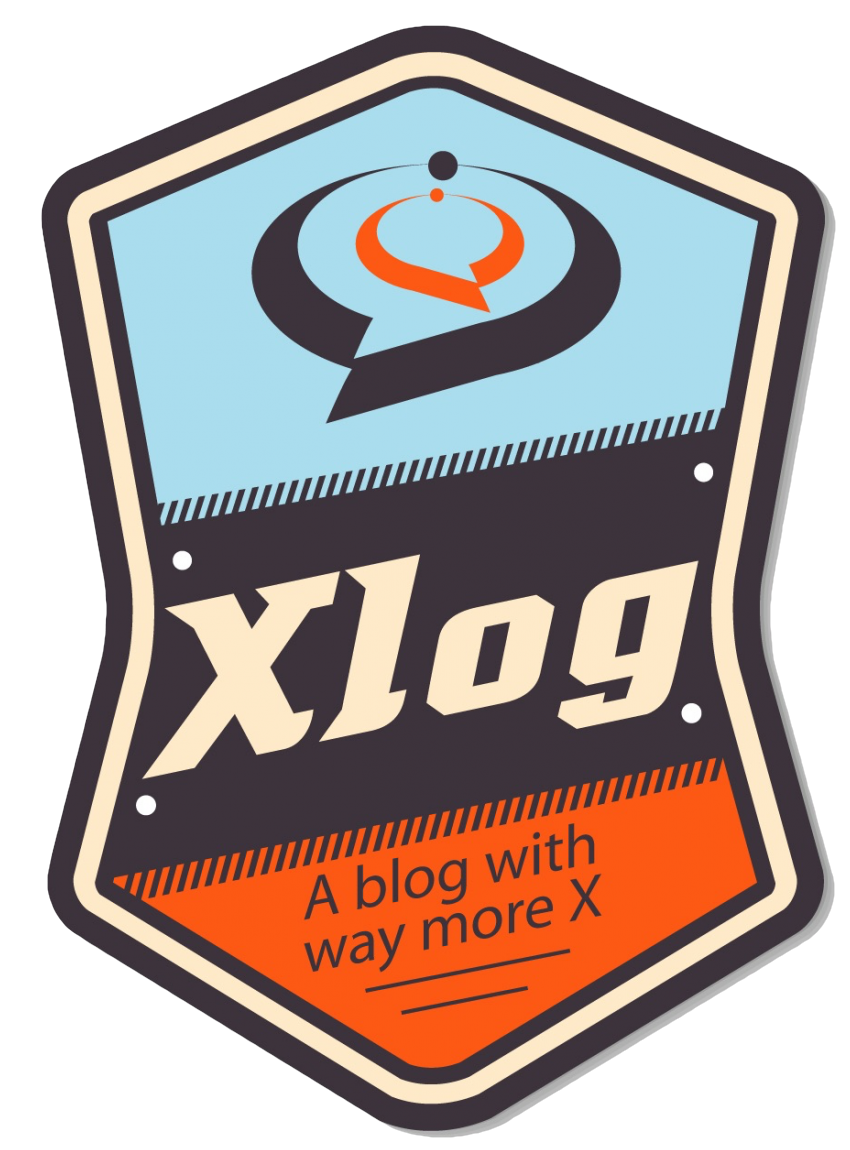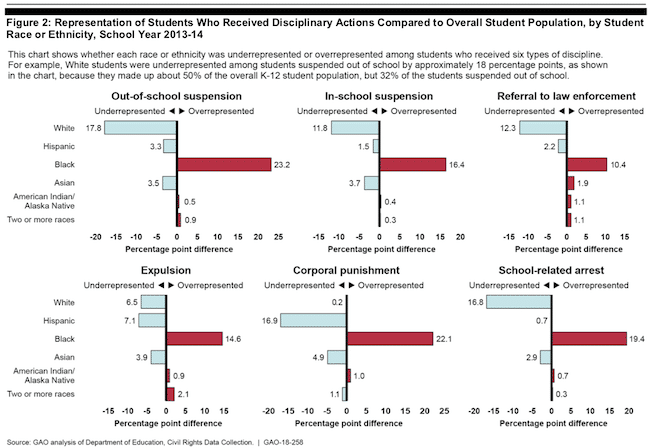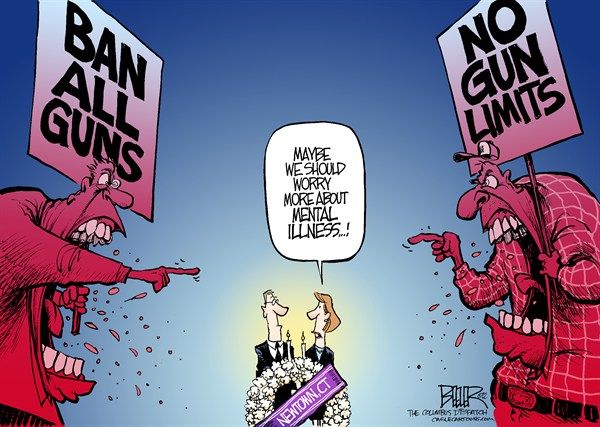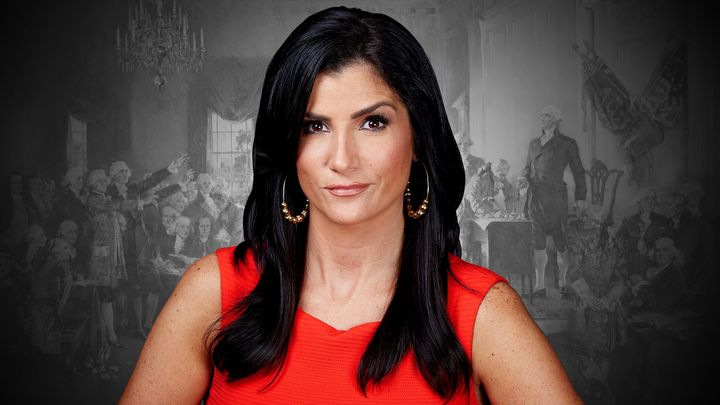Washington Revisited
This is the story of how just over 825,000 Washington citizens, of all political persuasions, forced the Washington Legislature to backpedal on its radical progressive agenda and took an axe to the political legacy of Jay Inslee.
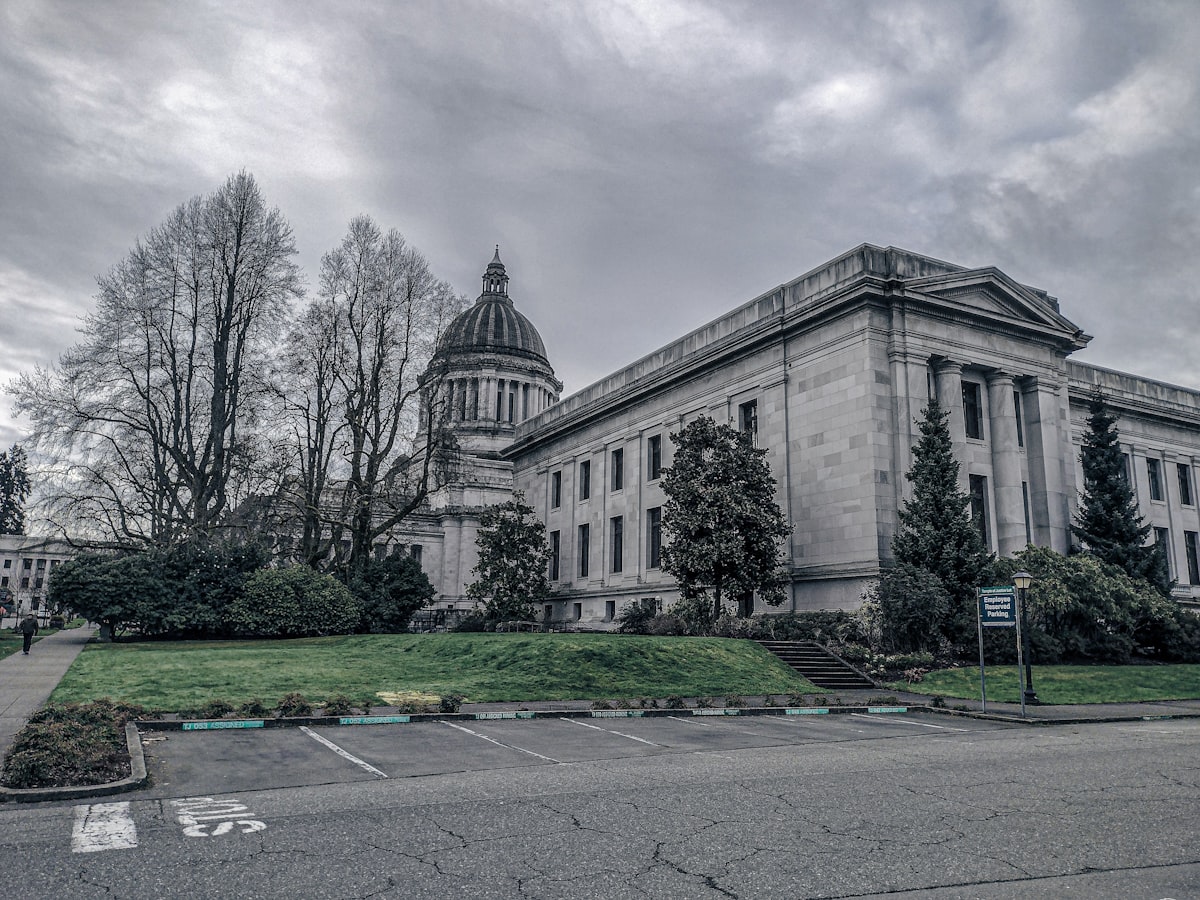
A fair number of my readers hail from Washington state. For those that don't, I think you'll find this story of how just over 825,000 Washington citizens, of all political persuasions, forced the Washington Legislature to backpedal on its radical progressive agenda and took an axe to the political legacy of Jay Inslee.
For fourteen years I lived in Washington State, calling the Seattle metro area home. I loved living there. My two youngest children were born on the "East Side" as Seattleites like to call anything on the other side of Lake Washington. My best friend and I started our second technology startup in Kirkland (A Seattle suburb and the town moniker adopted by Costco for its store brand), a stones throw away from Microsoft. My wife and I bought our "forever" home and could have happily finished out our lives there. Many of our closest and dearest friends still call Washington State home. But Washington is not what it was when we moved there.
What brought my family to Washington was simple. Economics. With our venture funding secured, the short list of locations for our headquarters was created; Silicon Valley, Denver, Dallas & Seattle. Silicon Valley was almost immediately eliminated--interestingly enough at the recommendation of our Silicon Valley investors. California's cost of living, high taxes and business unfriendly climate would jeopardize our chances for success. With a much lower cost of living, strong tech core, low taxes and business friendly climate, Seattle Washington became the obvious choice.
In addition to great economics, Seattle has an impressive technology pedigree, anchored by Microsoft and Amazon. In the late 90's, Seattle was becoming a preferred alternative for Silicon Valley companies looking to expand.Being more business friendly, it attracted companies like Meta and Google which grew their operations in the area. Despite eternally cloudy skies and incessant rain, there was a vibrant optimism that permeated the technology and startup culture in Seattle.
I frequently traveled between Seattle and San Francisco, and I couldn't help but notice that Seattleites would often imitate San Francisco and the Bay Area trends. Usually this meant imitating the San Francisco's progressive politics. I used to joke with my colleagues, "Seattle wants to be San Francisco when it grows up", but despite the obvious mimicry, Seattle area politicians had their eyes on a larger prize. It wasn't just that Seattle progressives wanted their city to be like its larger and more progressive cousin, Seattle progressives wanted to make Washington California. It's as if they were in some sort of progressive Olympics where they believed they were just one ESG inspired law away from becoming California and winning a gold medal. And with Seattle's oversized influence on Washington politics, Seattle progressives spent the last fifteen years attempting to make good on their desires. In so doing, they've made Washington less and less attractive economically. Things have gotten so bad, that if I were to do it all over, I wouldn't pick Washington for my startup.
Washington and Voter Initiatives
Washington has a rich history of voter initiatives. Washington became one of the first states to adopt the initiative in 1912. The intent was to provide a popular check over the legislature and governor. There are two different types of initiatives which can be pursued: initiatives to the legislature and initiatives to the people. Both require the same amount of signatures and any registered voter can participate in this process to create, amend or repeal state law. As intended by those that implemented voter initiatives over 100 years ago, the initiative process in Washington has become a vital tool to check the power of the state legislature and governor. The initiative process also allows Washington's citizens to directly repeal laws that aren't working or aren't working as promised by lawmakers.
Past voter initiatives have met with mixed results. Some initiatives, like the ones dealing with car tabs (license plate fees) were popular, but were easily bypassed through backdoor legislative maneuvers, challenges in court, or by simply ignoring the will of the voters.
Notable Washington State Initiatives
- Initiative 695 (1999): Proposed to reduce car tab fees to $30. Result: Passed by voters but later ruled unconstitutional by the Washington State Supreme Court.
- Initiative 1098 (2010): Proposed to create a state income tax on high earners to fund education and health programs. Result: Defeated by voters.
- Initiative 502 (2012): Legalized marijuana for recreational use, making Washington one of the first states to do so. Result: Passed by voters.
- Initiative 1351 (2014): Sought to reduce class sizes in public schools. Result: Passed by voters, but the Legislature struggled with its implementation due to funding issues.
- Initiative 732 (2016): Aimed to create a carbon emission tax, making Washington the first state in the U.S. to have such a tax. Result: Defeated by voters.
- Initiative 1433 (2016): Increased the state's minimum wage incrementally and required employers to provide paid sick leave. Result: Passed by voters.
- Initiative 940 (2018): Sought to require law enforcement to receive de-escalation training and change the standards for use of deadly force. Result: Passed by voters.
- Initiative 1639 (2018): One of the most comprehensive gun control measures in the country, it raised the age to purchase semi-automatic rifles to 21, added background check requirements, and imposed storage laws. Result: Passed by voters.
- Initiative 976 (2019): Another attempt by Tim Eyman to limit car tab fees to $30. Result: Passed by voters but later struck down by the Washington State Supreme Court in 2020.
- Initiative 1000 (2019) / Referendum 88: I-1000 was passed by the Legislature and sought to allow affirmative action in state employment, education, and contracting. Opponents forced a referendum (Referendum 88) on the ballot. Result: Voters rejected Referendum 88, effectively blocking I-1000.
If you clicked on Notable Washington Initiatives (above), you'll see a representative list of previous voter initiatives which showcase the broad spectrum of issues that Washington voters have addressed through the initiative process. The results highlight the state's progressive tendencies on social issues like marijuana legalization and gun control, while also showing resistance to new taxes (like the state income tax) and complex environmental policies (carbon tax). The aftermath of these initiatives varies widely. Some have led to significant policy shifts (e.g., I-502 on marijuana legalization), while others have faced legal challenges and difficulties in implementation (e.g., I-695 and I-976 on car tabs).
Radical Progressive Democrats Dominate State
In progressive circles the calls to "save our Democracy" ring like the Adhan across the Muslim world. So when good faith efforts by Republicans and moderate Democrats failed to reign in progressives in the Washington State Legislature, voters were left with little recourse except to engage in direct democracy through the voter initiative process.
One party control of the levers of power in Olympia (Washington's capital) has lead to gross overreach and a fundamental misread of Washington's polity. As an example, Governor Jay Inslee's refusal to terminate his emergency pandemic powers raised the ire of otherwise pacified Democrat and Independent Washington voters. Inslee told a local TV station during an interview in October 2021—more than 18 months into the pandemic and after vaccines were available to any that wanted them,
There is only one person in the state of Washington who has the capability to save those lives right now, and it happens to be the governor of the state of Washington.
And according to an article in Reason,
But the Democrat-controlled state Legislature showed little interest in reining in Inslee, even as most other states ended emergency orders and some rolled back the statutes allowing governors to seize such broad powers in the first place.
It's a troubling view that Inslee and many in the Washington Legislature take--that they are imbued with moral authority which transcends state law and the will of the electorate. It's the nanny state incarnate. And unfortunately, Washington Attorney General Bob Ferguson hasn't sat idly by--he's played wingman and encouraged the unscrupulous behavior.
Washingtonians Respond
In the political landscape of Washington state, a significant movement emerged, one that was not anticipated by a Legislature so sure of itself that it willingly exceeded any mandate it received from electoral wins. Spearheaded by the organization Let's Go Washington, six initiatives were put forward to Washington voters.
Let's Go Washington's Voter Initiatives
As the architect behind Let's Go Washington, Brian Heywood has injected not only financial resources but also a strategic vision into the conservative pushback against recent legislative actions. His leadership has galvanized supporters across the political spectrum, much to the surprise and chagrin of Democrat leaders in Olympia.
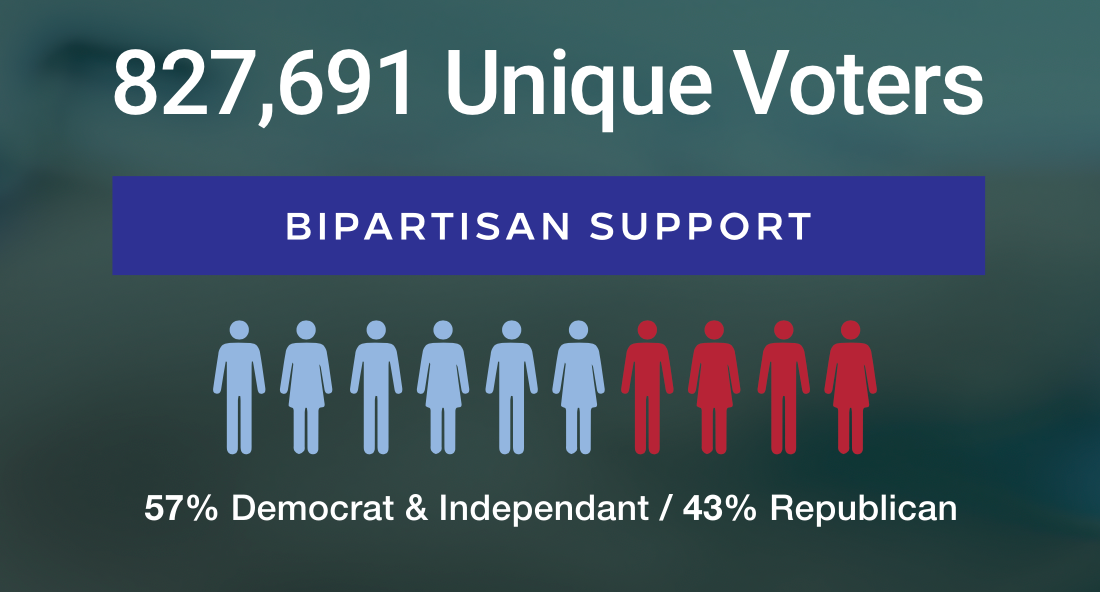
Almost instinctively Democrat elected officials, party apparatchik and their allies in the media began attacking the signature gathering efforts by Washingtonians. Used to getting their way, they couldn't imagine the grassroots efforts would lead anywhere. They were wrong.
Local media, including the Seattle Times, love to tout any effort to "protect our democracy" except when protecting democracy includes initiatives from actual voters on issues with which their editorial board disagrees. Ironically, and to their credit, that same Seattle Times editorial board did not remain silent on underhanded efforts to stop signature gathering for these initiatives.
Central to the discourse are three specific initiatives which must be addressed by the Legislature, each representing a direct challenge to previously enacted laws. These initiatives have become focal points for a broader discussions about governance, state authority, and the role of direct democracy in the political process. By overturning these laws, the Legislature has not only ignited a debate on the specific issues at hand but also on the broader principles of legislative power and accountability. So what happened? In a reversal of previous legislative actions, the Washington Legislature passed all three initiatives put to it by Let's Go Washington.
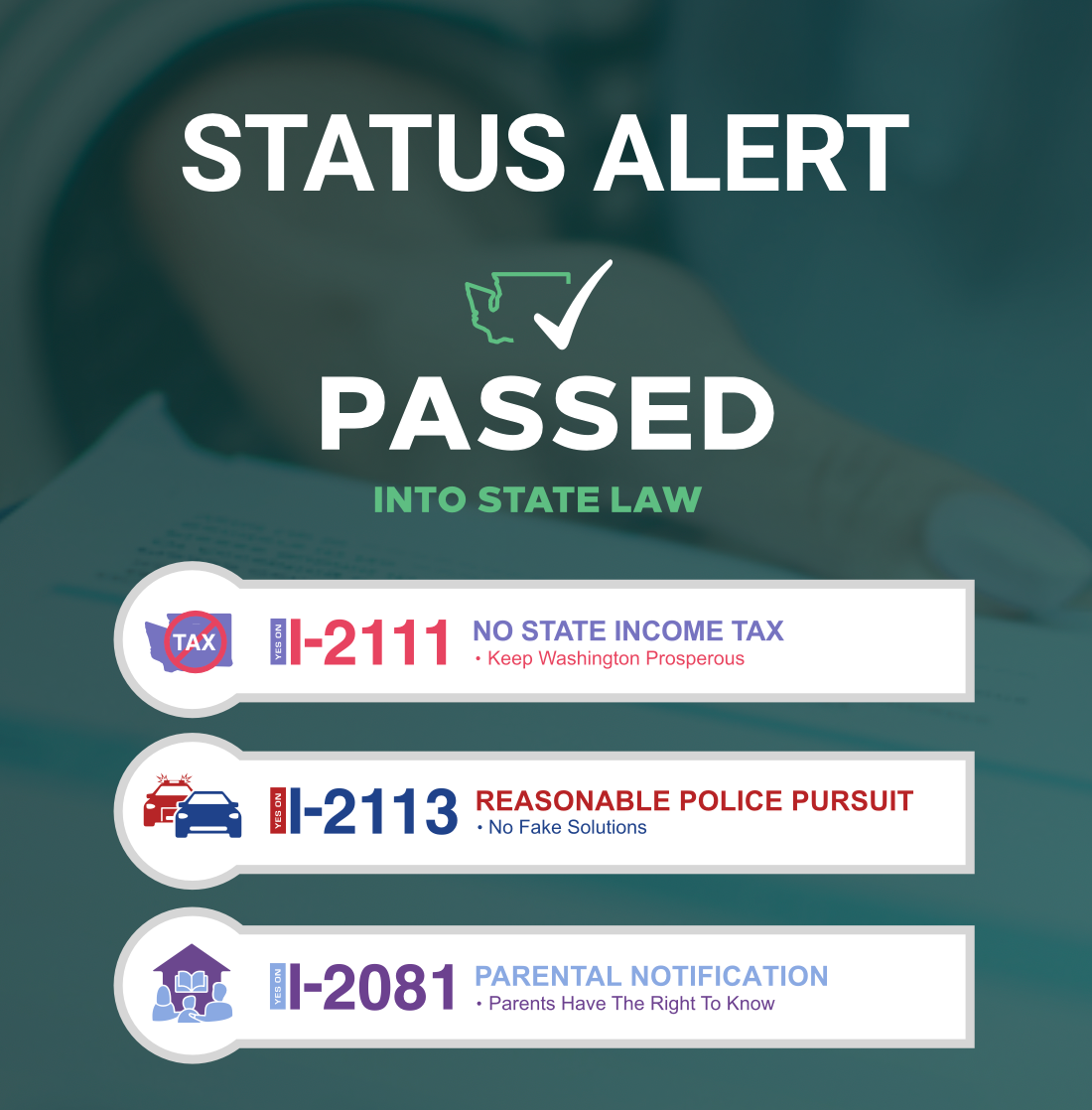
Let's Go Washington's initiative process serves as a powerful reminder of the power of voters to impact legislative results. It highlights the ongoing tug-of-war between different visions for the future of Washington, reflecting the broader national debate over the direction of the country. Let's Go Washington, under Heywood's leadership, has brought to the fore the critical issue of how far legislative bodies can go in implementing policies before triggering a significant backlash from their constituents. The effort to roll back the progressive agenda in Washington and return to its business friendly past is existential. The Washington that attracted my startup and hundreds just like it, no longer exists.
This year's initiative process led by Let's Go Washington, marks a pivotal moment in the state's political discourse. It challenges the actions of the current legislative and executive branches while underscoring the vital role of public engagement and grassroots activism in shaping state policies. As the debate continues, the eyes of the conservative community, and indeed the entire state, remain fixed on the outcomes of this significant political endeavor. The movement represents not just a challenge to specific laws but a broader question about the balance of power, the scope of governance, and the essence of democratic accountability in Washington state.
In full disclosure Brian Heywood is one of the dear friends I mentioned at the beginning of this post. I wrote this because I wanted to highlight citizens standing against government overreach and winning. Brian could simply pack up and find another place to call home, but unlike some recent emigrants from Washington myself included, he has chosen to stay and fight for a Washington that's good for everyone.
